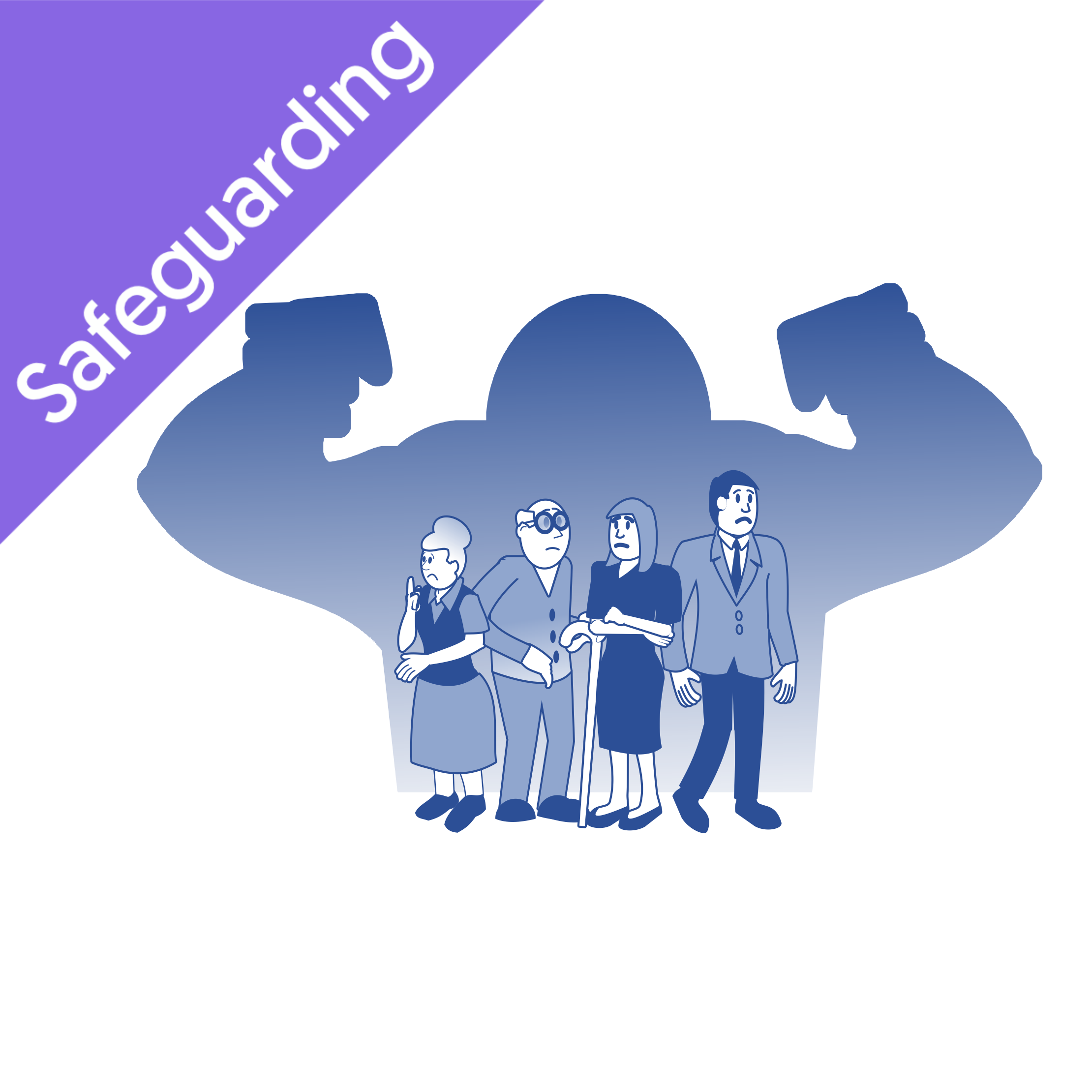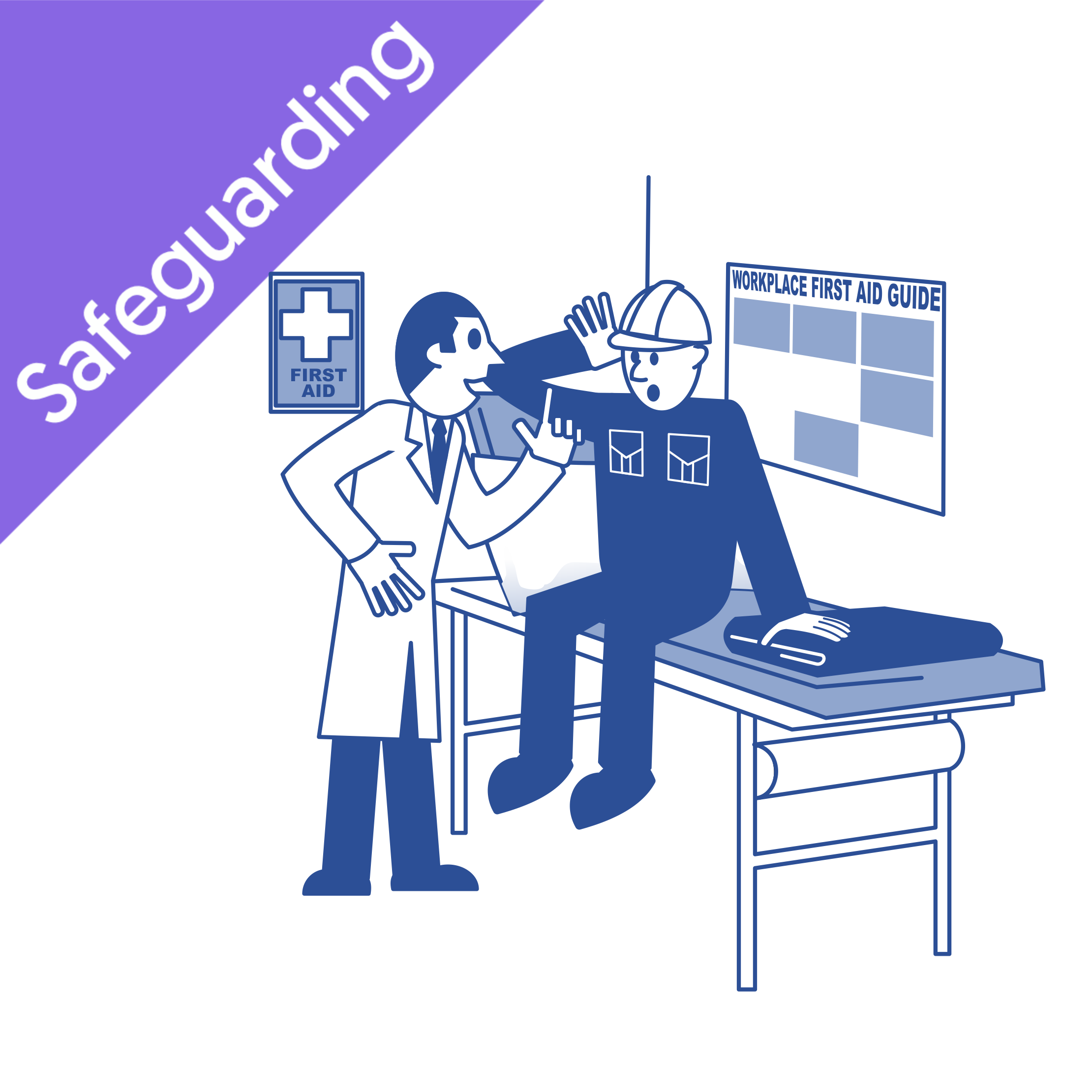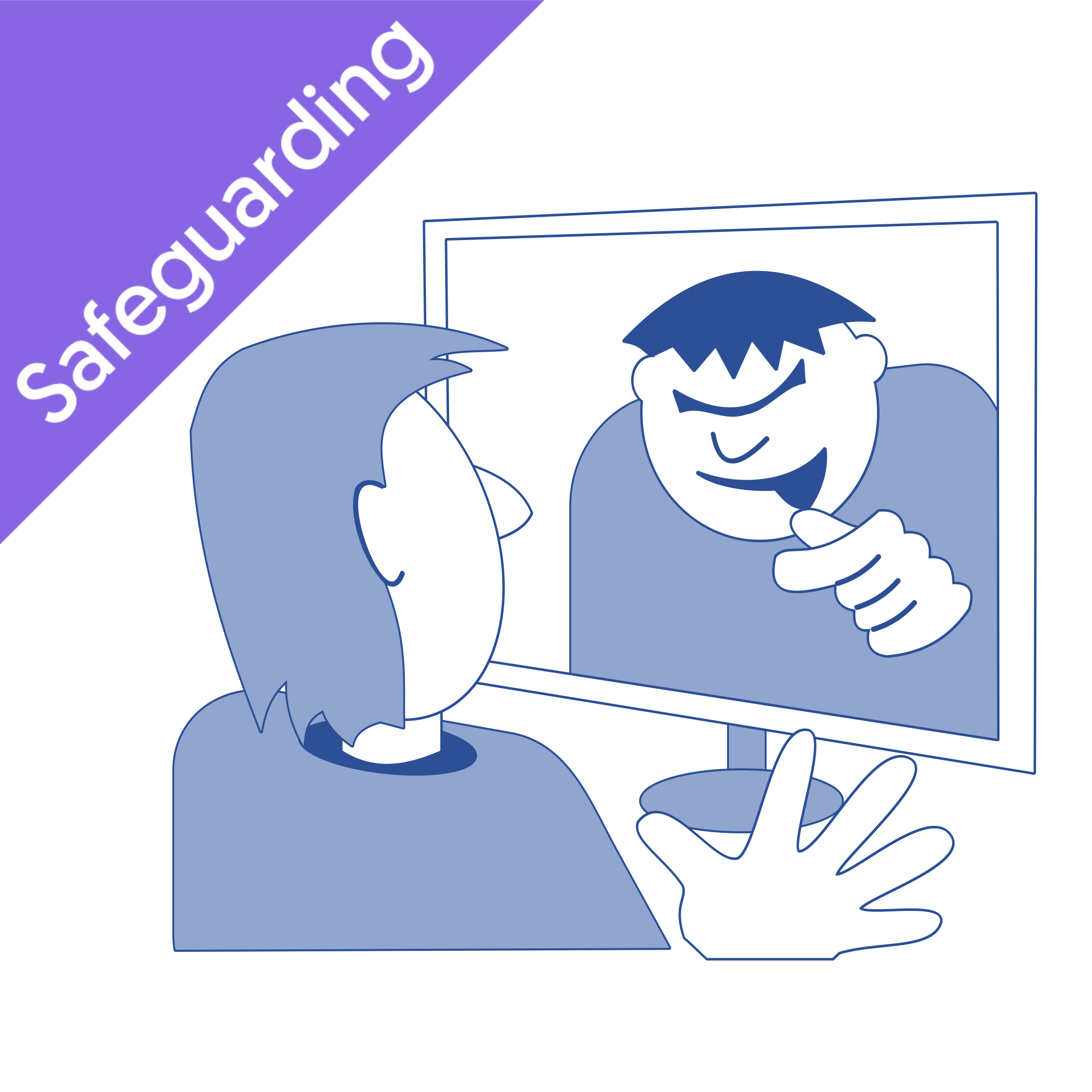Dos and Don'ts of Handling Disclosure
Child abuse is a serious crime that, unfortunately, still affects a large number of people in the UK and has a significant impact on their lives. As a result, it is important that anyone who works with children understands how to handle disclosures to minimise the effects of child abuse and ensure that they get help as soon as possible.
In this article, we will look at some of the things that should and should not be done in the event of a disclosure, as well as some of the obstacles that prevent child abuse from being disclosed or reported in the first place.
Handling a disclosure
When working with children, there is a chance that a child will disclose abuse or neglect that they are experiencing to you.
If this occurs, the first thing to remember is that it is not your responsibility to diagnose abuse. Instead, your role is to respond to the disclosure well, and record and report it to the appropriate party as soon as possible, even if you suspect that there is an innocent explanation for the situation.
This is because abuse should always be investigated by an independent party (such as the police) who is not close to the child in question, and is more likely to carry out a fair investigation as a result.
If information is disclosed to you directly, you should make sure that you:
- Stay calm and relaxed.
- Listen carefully to what they are saying.
- Encourage and reassure the child, and let them know that you will be available to listen to any additional information they wish to share later.
In contrast, you should always avoid the following in the event of a direct disclosure:
- Showing shock or disgust.
- Asking investigative questions or attempting to gather evidence, because this is the responsibility of an external party such as children's social care or the police.
- Pressuring the child into telling you more than they wish by asking leading questions. .
- Providing an opinion or suggestions as to how to deal with the situation.
- Guessing or making assumptions.
- Appearing to be suspicious of the validity of the disclosure.
- Making negative comments about the suspected abuser.
- Making promises or statements that you cannot be sure of, such as saying 'everything will be alright'.
- Agreeing to keep what the child has said a secret.
Obstacles to disclosure
One of the most important things to do when a child is making a disclosure of abuse is to avoid pressuring them into telling you more than they clearly want to. This is because there are several obstacles to disclosure, and the child may worry that:
- The person abusing them will discover they have spoken out.
- You will tell other people, such as their friends, what happened to them.
- They will be judged or blamed for what has happened to them.
- Their disclosure will not be believed.
- They will be away from their family by social workers.
Obstacles to responding
Another important thing to do when a child or young person discloses an experience of abuse is to ensure that it is reported to the right party as soon as possible.
In a recent government survey, over two thirds of people without formal training said they would not be confident recognising sexual abuse, and over one third of those surveyed who had previously suspected abuse had not done anything about it.
There are many reasons why this occurs, including when a person:
- Feels too shocked, disgusted, embarrassed or fearful to react appropriately.
- Lacks trust in the reporting system, or the agencies that they need to report the abuse to.
- Is too busy to complete the required paperwork.
- Lacks the training required to know what to do.
- Has no communication with the child, and does not think it is their responsibility as a result.
- Is worried that reporting the abuse will break up the child's family.
- Personally knows the suspected abuser.
- Is concerned about what everyone else will say if they find out about the report.
At Commodious, we offer several safeguarding courses that are designed for those that work with, or around children, and those that work with vulnerable adults. To find out more about these courses, use the links below:







